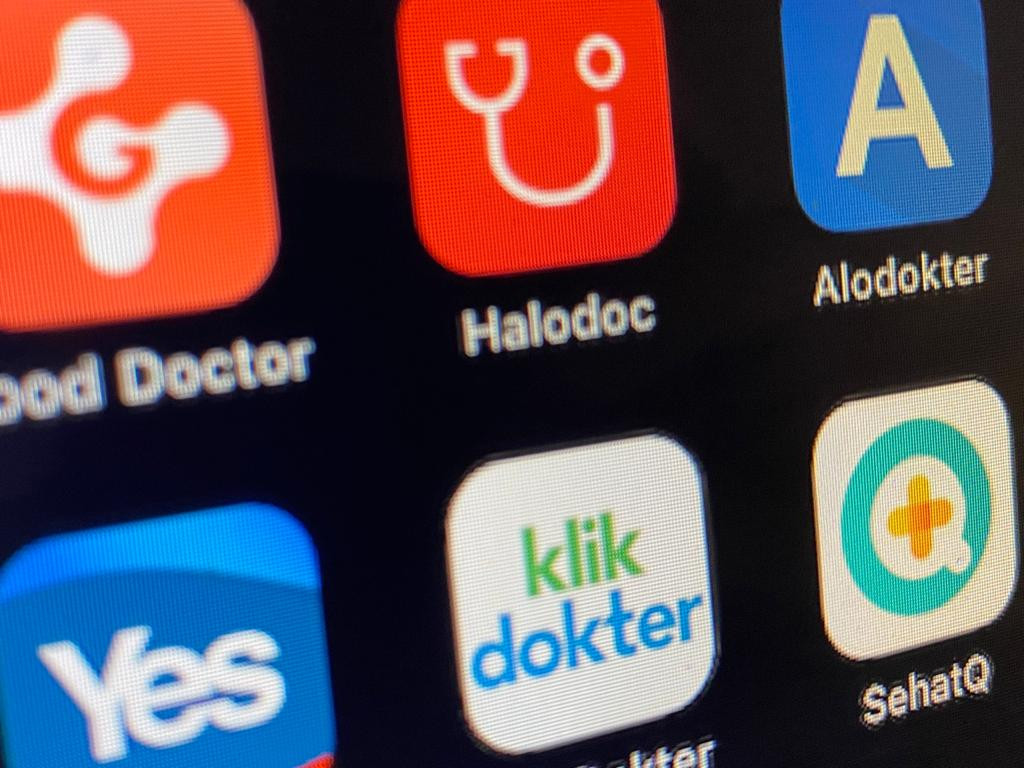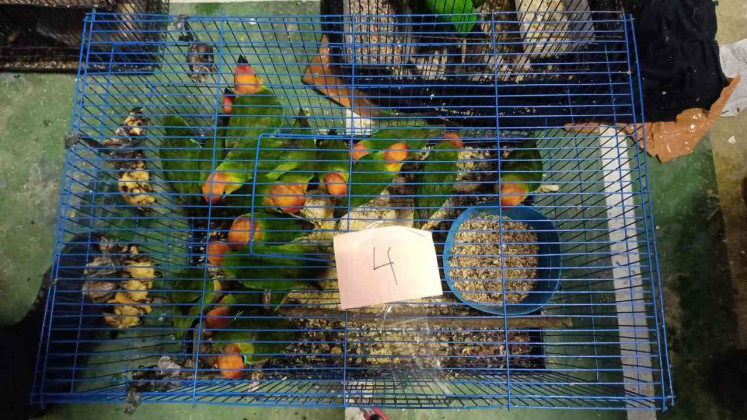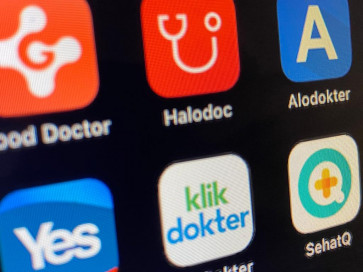Popular Reads
Top Results
Can't find what you're looking for?
View all search resultsPopular Reads
Top Results
Can't find what you're looking for?
View all search resultsGovt to improve telehealth services as patients struggle during home isolation
Change text size
Gift Premium Articles
to Anyone
W
hile the government works to improve online treatment services for self-isolating COVID-19 patients amid the ongoing third wave of the pandemic, reports continue to surface about complications in the use of telehealth apps.
Ria, a 27-year-old private company employee, went into self-isolation in a kost (rooming house) in South Jakarta early this month after she tested positive for COVID-19. She believes she had a mild case, experiencing a fever, headaches, muscle aches and chills.
“I chose to self-quarantine because I thought the symptoms were light and I did not want to put people at risk by having them drive me to a hospital,” Ria said.
The next day, she received a WhatsApp message from the Health Ministry saying that she was eligible for free virtual consultations and medication. She immediately consulted with a doctor on a telehealth app, who confirmed her mild case and prescribed the antiviral medicine Favipiravir, as well as paracetamol and multivitamins.
“The medication arrived only a day after I uploaded the prescription, but not all of them matched with what the doctor had prescribed," she said. "So, I was worried about whether it was safe to take them or not."
She said she still had to buy up to Rp 900,000 (US$62) worth of drugs out of pocket that included additional multivitamins, nasal spray to reduce flu-like symptoms and medication for indigestion.
Still, she found the service helpful enough for a patient with mild symptoms like her.


















